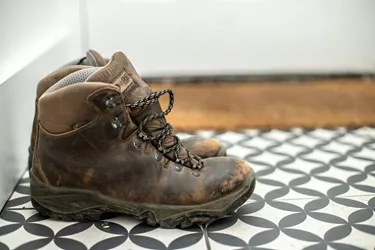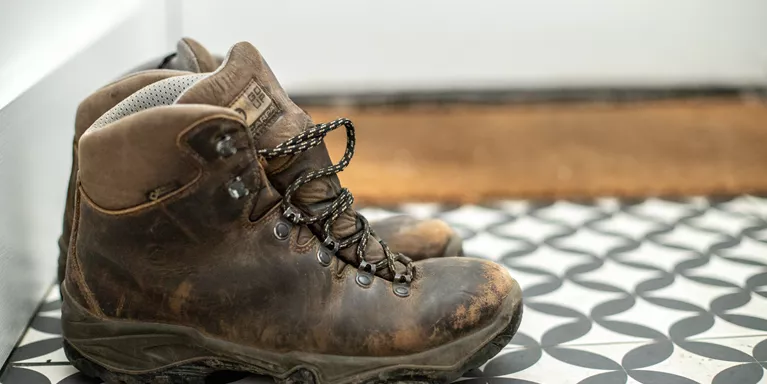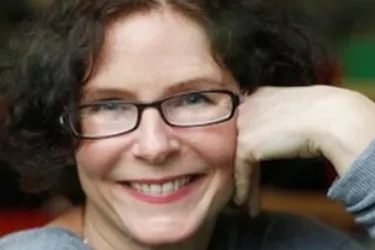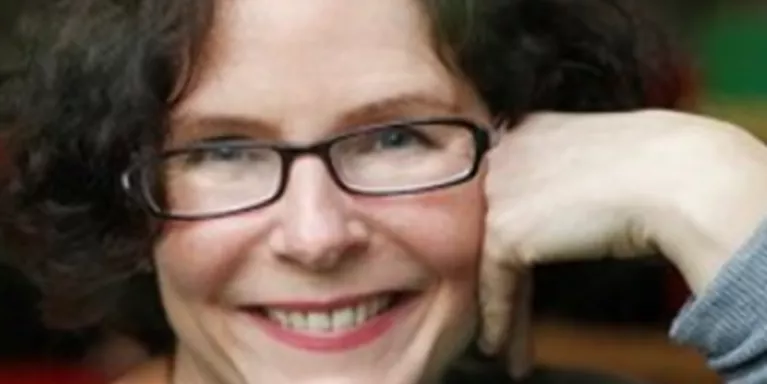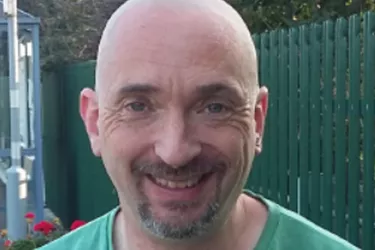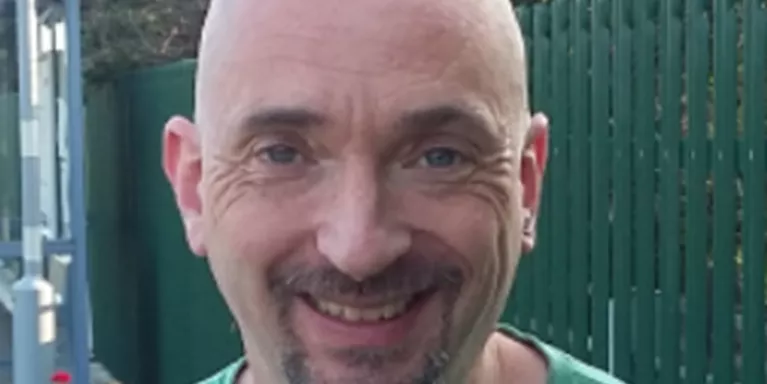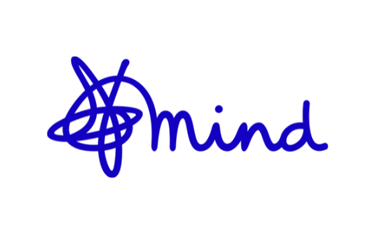Coping with complex PTSD in the pandemic
Clare blogs about how she has adapted her mindfulness routine in lockdown.
Slowing down
Means you’re back in my head again
Means you are controlling my moves again
Means I am not safe again
Means I am confused again
Means it all comes back again
Means I struggle again
Means I am angry again
Means I can’t stop again
Means I fear again
Means I am lost again
Means why me again
Means I have to be strong again
Means I got through this before again
Means I can do this I know I can again
It just means again.
The above poem was written in the small hours of the first week of Lockdown. During that time, my sleep had been almost non-existent. Poor sleep is one of my least favourite symptoms of cPTSD. The PTSD part of my condition brings with it flashbacks and nightmares. Slowing down gives an opportunity for these. I usually have to exhaust myself in order to sleep. My PTSD is rooted in the abuse I received as a teenager, and I have spent most of my adult life running away from it. As you can imagine this is tiring, and I have suffered from anxiety and depression as a consequence.
My symptoms include: feeling worthless, pushing loved ones away, social awkwardness, inability to control my emotions and anger.
That’s the PTSD part of my mental health. As I said I have cPTSD. That little c which is at the start stands for complex, so really it isn’t little at all. In a nutshell it’s because my trauma happened (repeatedly) over four years. I’ve only recently started to address it nearly 19 years later. The birth of my daughter meant that I reported it. But this also meant addressing memories that I had suppressed. In this process I gained the diagnosis of cPTSD and with this the ah-ha moment of understanding what has made me act the way I act. My symptoms include: feeling worthless, pushing loved ones away, social awkwardness, inability to control my emotions, and anger – lots and lots of anger. The last symptom is the worst.
Being angry is a problem for me for several reasons. Firstly, I’m not an angry person, I hate confrontations. Secondly, what I am angry at is no longer in my life and I can’t take the anger out on it. And lastly, being angry sucks the joy out of the life I have built. It blocks happiness. It prevents me from living.
Not being able to control my emotions, being an angry person is not the mother I wanted for my children. Before lockdown I was beginning to address my cPTSD. I had found a therapist I trusted and was practicing mindfulness that I actually found to be of benefit.
Mindfulness is the ability to be aware of what is happening currently; accepting what you can’t control; being at peace with change and letting go of fears.
Before lockdown I would use exercise to reconnect. Long walks and the gym were my escape.
Before lockdown I would use exercise to reconnect. Long walks and the gym were my escape. I signed up to races, as a focus for my exercise. For me my mindfulness needed to be straightforward enough that I didn’t need to stress over it but have an element of challenge for mind to focus on and take me away from the emotions that were currently too big.
I also tried yoga. Yoga is a difficult one for me. It was a real slow down and released a lot of memories I had locked up for years. I only practiced yoga when I felt comfortable addressing these thoughts. The way I view it was I was carrying them around like a burden and I wanted to get rid of them. But, I always made sure it was safe for me to do so, and I had support afterwards and other mindfulness activities to ground me once I had released my emotions.
Currently during lockdown, the above mindfulness practices are not accessible for me. With my children both at home and living away from my husband because he is on the front line, I can’t do any of it. So, I’ve needed to become imaginative. Here is what I have tried:
- Reading – this started off well, however with my condition I have a short attention span so gave up half way through a book. However, short stories and articles do help from time to time
- Art – I tried colouring but I found it frustrated me more. I presume it’s because I didn’t find it challenging enough. However, I have also sketched, illustrated, cross-stitched and painted. Like exercise, these are all things I find straight forward but also have a necessary amount of challenge.
- Writing – poetry has been something I have always done to express my emotions. I find it also helpful to keep a notepad by my bed for thoughts I have during the night. I find if I don’t write them down they’ll keep me up.
- Exercise challenges – obviously the gym isn’t open. However, there are plenty of 30-day challenges you can find online. Last month I did the 30-day squat challenge and I’m currently doing the sit up one. Again, this is straight-forward but also a challenge.
I’ve practiced mindfulness activities with my children – painting, drawing, walks, online exercise classes, and story making
Finally, I’ve also practiced mindfulness activities with my children (four and two) – painting, drawing, walks, online exercise classes, and story making. I’ve never forced them to do them, but I have them ready for when they ask or when I feel they need to refocus. We also have dialogue of “I can see your emotions are getting rather big, what can we do to make them small again?” My four-year-old is able to answer this question and my two-year-old understands enough to respond to my suggestions. This also helps when I explain to them that Mummy’s emotions are too big.
So, what I have learnt? For mindfulness to be useful, it needs to be straightforward enough that it doesn’t cause you more stress but challenging enough that it focuses your mind. You can try the practices I have or search for your own. But it is worthwhile investigating. It definitely helps calm my storm. I intend to keep them up even after things return to ‘normal’.


Information and support
When you’re living with a mental health problem, or supporting someone who is, having access to the right information - about a condition, treatment options, or practical issues - is vital. Visit our information pages to find out more.
Share your story with others
Blogs and stories can show that people with mental health problems are cared about, understood and listened to. We can use it to challenge the status quo and change attitudes.










